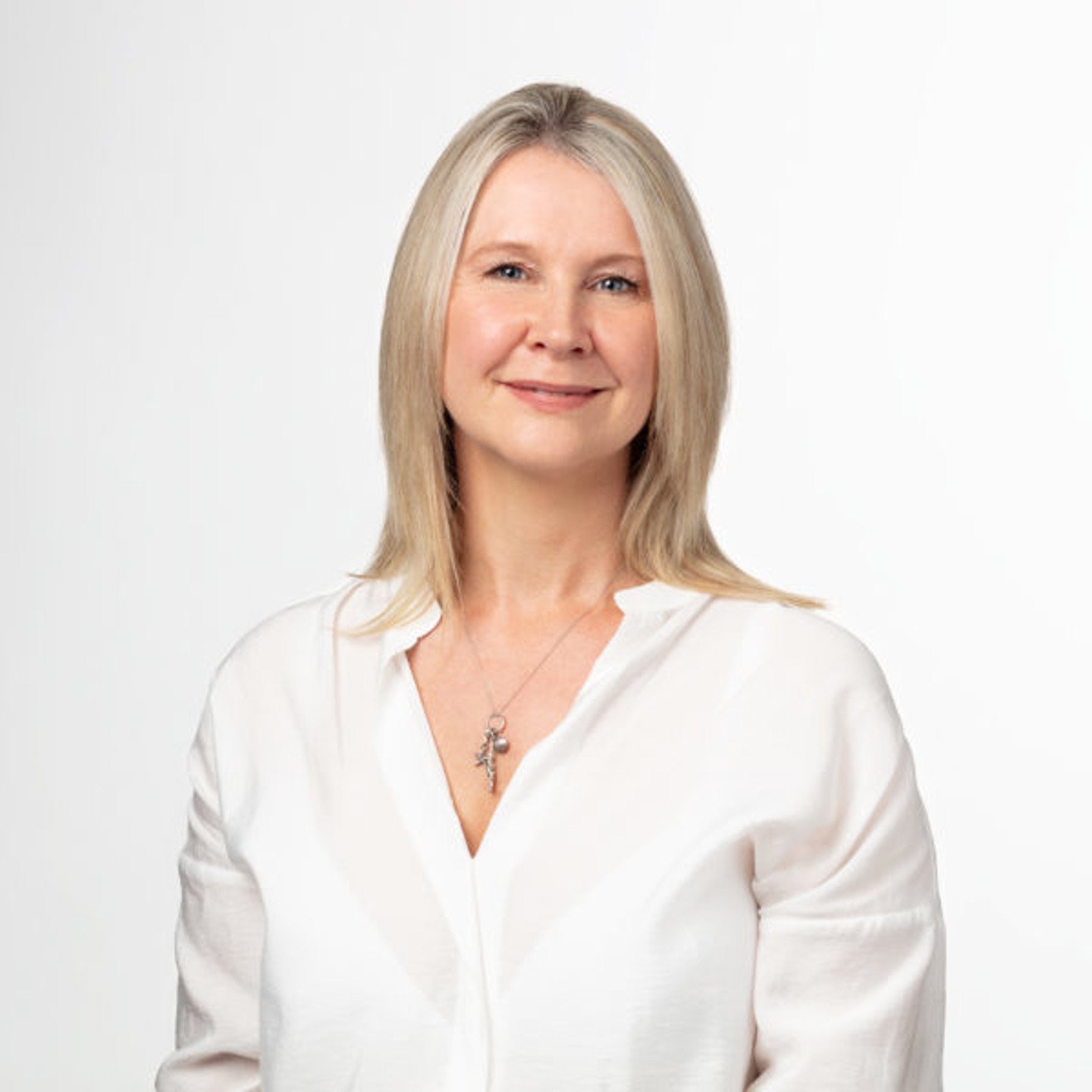Equality and equity; only a few letters between them but an important difference in meaning for businesses to consider.
In simple terms, equality is leaving the door open for anyone who has the means to approach it; equity is ensuring there is a pathway to that door for everyone. Equity recognises that we all start from different places in society and that to be able to have access to equal objectives, we all require personalised support systems.
Gender and equity
The World Economic Forum found that in 2022, the global gender pay gap has been closed by 68.1%. With this figure in mind, it is expected that gender parity will be achieved in the next 132 years – a four-year improvement from 2021’s expectation of 136 years.
On the Island, it has recently been reported by Statistics Jersey that men in Jersey earn 12% more than women – a 2% increase since 2021. Looking closer at individual sectors, the gap becomes even wider for some. Information and communication has a 33% wage gap between men and women, 31% in Transport and Waste and 28% in Financial and Legal.
We can also see that the gender pay gap begins to increase significantly with age. By the age 45-49, men earn 42% more than women. This gap more than doubles by the time workers are 60-64. But what role might equity (or a lack of it) play in this pay disparity?
It may be, in part, that women still feel unsupported in their ambitions to progress and be heard:
“Women leaders are just as ambitious as men, but at many companies, they face headwinds that signal it will be harder to advance. They’re more likely to experience belittling microaggressions, such as having their judgement questioned or being mistaken for someone more junior.” – (McKinsey’s 2022 Women in the Workplace research).
Of course, we know that inequity goes beyond just women in the workplace. There are elements of intersectionality. Things are worse for people of colour, people with disabilities and the LGBTQ+ community to name a few.
Three ways to create equitable practices in the workplace
1. Undertaking sensitivity training
We all hold biases, many of which are unconscious. We hold them because of upbringing, societal expectations, and life experiences. These biases may lead us to support, hire or promote those who share the same experiences as us, rather than looking at a pool of talent objectively. They may also lead us to do or say things that invalidate others’ experiences.
Without understanding and working hard to challenge our own unconscious biases, we may perpetuate issues such as the gender and ethnicity pay gap. Tackling this can be done through training. It can also be done through open and honest conversations about bias in the workplace. People should be unafraid to challenge others where they feel bias is present.
As Alexia McClure, Jersey Business’s Chief Operating Officer recently said: “Unconscious bias is a matter for everyone – and having the right organisational culture is the solution.”
2. Understanding and promoting the long-term vision of equity
Equity promotes fairness but is regularly seen as ‘unfair’ practice. Fairness usually equates to giving everyone the same thing, or equality, but this doesn’t consider individual needs and can widen the inequity gap.
For example, fairness would be giving everyone the same height stepladder to reach the shelf, not considering how tall each person is without the stepladder. Equity is giving everyone stepladders of differing heights to ensure everyone can reach the shelf.
In the first instance, equitable practice enables everyone to reach the shelf equally. In the longer-term, everyone can work together to find ways to remove the need for the shelf altogether.
3. Skills-based hiring
Not everyone will have a university degree, nor will they have a decades’ worth of experience. Nevertheless, they may be just as qualified to do the job advertised as someone with a degree, but this hiring type may put them off applying or they may be overlooked for the role.
To promote inclusivity and equity in the hiring process, businesses should implement a skills-based hiring process. This scores applicants on their competencies, skillsets, and behaviour only.
According to Deloitte, skills-based organisations are 107% more likely to place talent effectively, 79% more likely to have a positive workforce experience, 52% more likely to innovate and 47% more likely to provide an inclusive environment.
Hitting the sweet spot
Finding the right balance of commerciality, equity and equality will inevitably build success for any organisation. Evidence shows that not only will businesses see far greater levels of collaboration, wider creative thinking, and a healthier bottom line, they’ll also see a positive impact when it comes to recruitment and retention.
When Jersey Business hosted Jamil Qureshi, one of today’s foremost practitioners of performance psychology and an expert in high performance, at our Leading Growth Alumni event, he spoke about the importance of embracing diversity and removing barriers to success for all:
“The future of high-performance teams is high diversity and high psychological safety. So, get people in who have different knowledge, different experience, different wisdom, and different ways of thinking and being and provide a psychologically safe environment where they are free to talk and share and close the knowledge gap and become stronger by being different. In a world where recruitment is tough, organisations need to become more magnetic. Organisations need talented people more than talented people need organisations. So how do you become magnetic? You become purposeful, you seek to create something which is worthwhile and meaningful to communities. You are reflective of what people want to be part of.” – Jamil Qureshi

